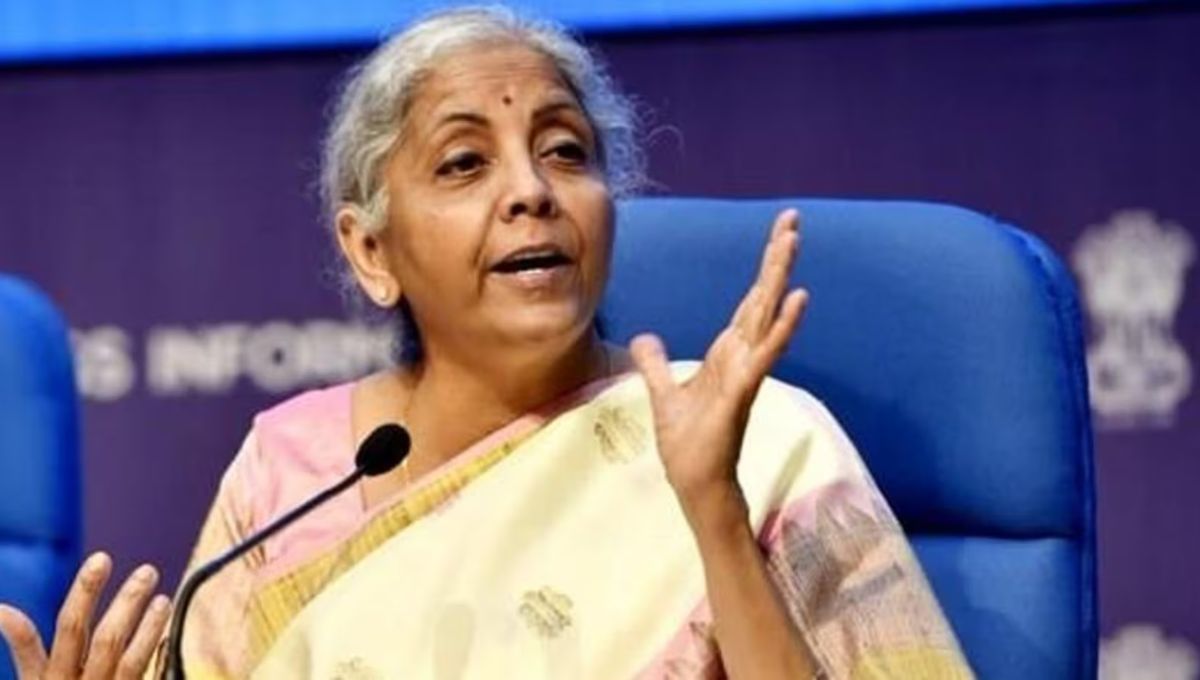New Delhi: In an impactful move resonating with Prime Minister Narendra Modi’s vision of inclusive growth, Union Finance Minister Nirmala Sitharaman is set to present a pre-election Union Budget 2024 that promises enhanced focus and welfare schemes for five pivotal sections of Indian society: women, the poor, youth, farmers, and tribals.
Empowering Women and Youth: Key Pillars of Union Budget 2024
A significant portion of the Union Budget 2024 is expected to be channeled towards uplifting and empowering women, marking it as a cornerstone of Sitharaman’s financial blueprint. This move mirrors the recent emphasis on women voters in state elections, showcasing the government’s commitment to women-led development.
In parallel, the youth, a vibrant and crucial demographic of the nation, is set to receive considerable attention with increased allocations for education and skill development programs. The aim is to address the aspirations and needs of young Indians, preparing them for a future that is both promising and inclusive.
Boosting Tribal Welfare and Farmer Prosperity
The tribal population, often sidelined in the development narrative, is poised to witness a substantial increase in welfare allocations, particularly in educational initiatives like the Eklavya Model Residential Schools program. This initiative underscores the government’s dedication to ensuring that educational benefits percolate to the most remote and traditionally underserved sections of society.
In a nod to the agrarian sector, the government is expected to ramp up its support for farmers through a projected 33% increase in the social transfer under the PM-Kisan Samman Nidhi scheme. This increase symbolizes a significant step towards bolstering the economic stability of small and marginal farmers across the country.
Towards a More Inclusive India
As the Union Budget 2024 draws near, it is clear that the government’s strategy is twofold: to address the needs of vulnerable sections through focused budget allocations and to simultaneously undertake reforms that facilitate ease of doing business. This approach is not just about connecting with the masses but also about ensuring that the development path is inclusive, benefiting every stratum of Indian society.
A.K. Verma, Director of the Centre for Study of Society and Politics, highlights this strategy’s significance, stating that the Modi government’s focus on inclusiveness marks a fundamental shift in Indian politics from being caste-centric to class-centric.
With expectations high and the nation’s eyes set on the upcoming Union Budget 2024, it remains to be seen how these proposed schemes will unfold and shape the future of India’s diverse social fabric.
Read More… Delhi-NCR Earthquake Tremors from Afghanistan Felt Across Region

